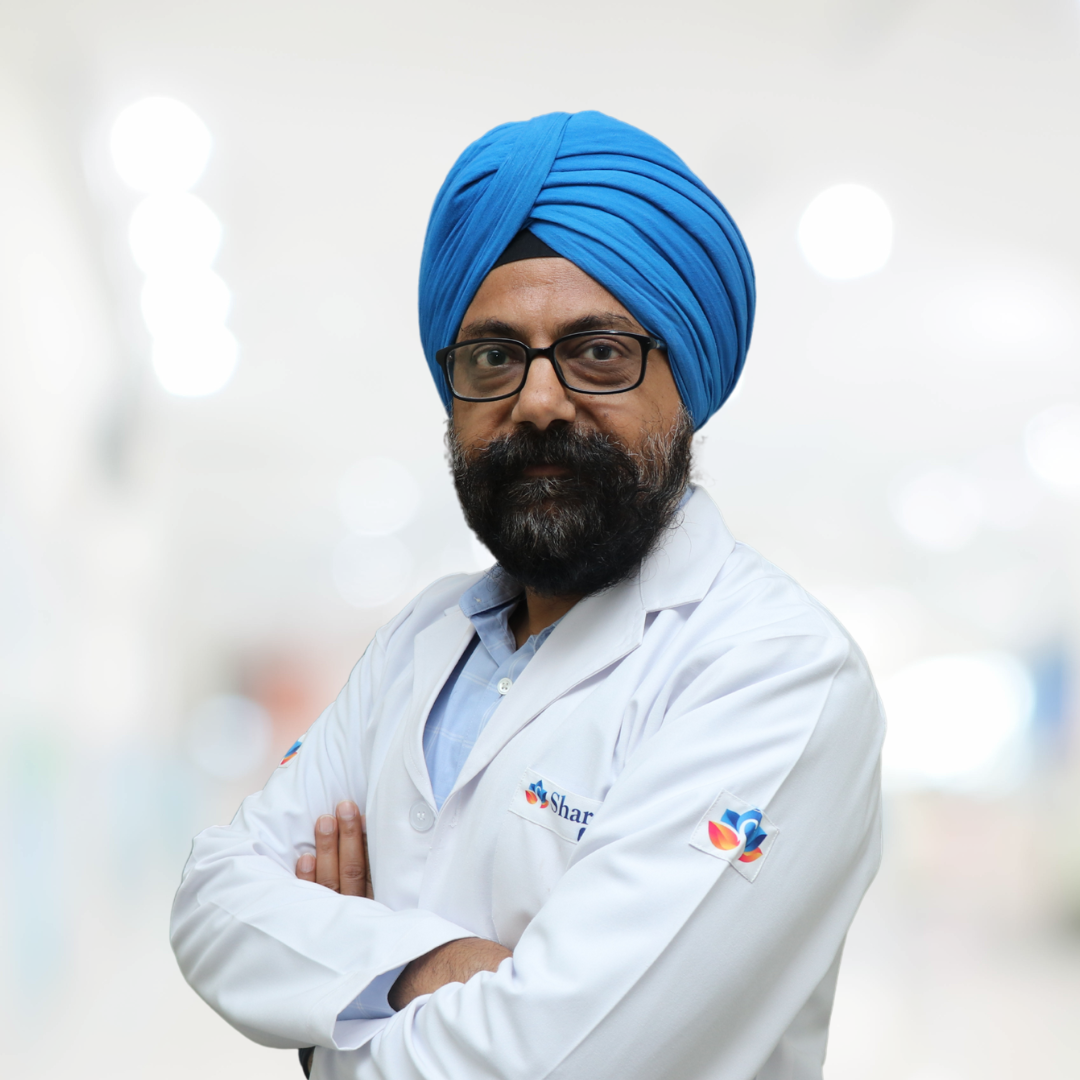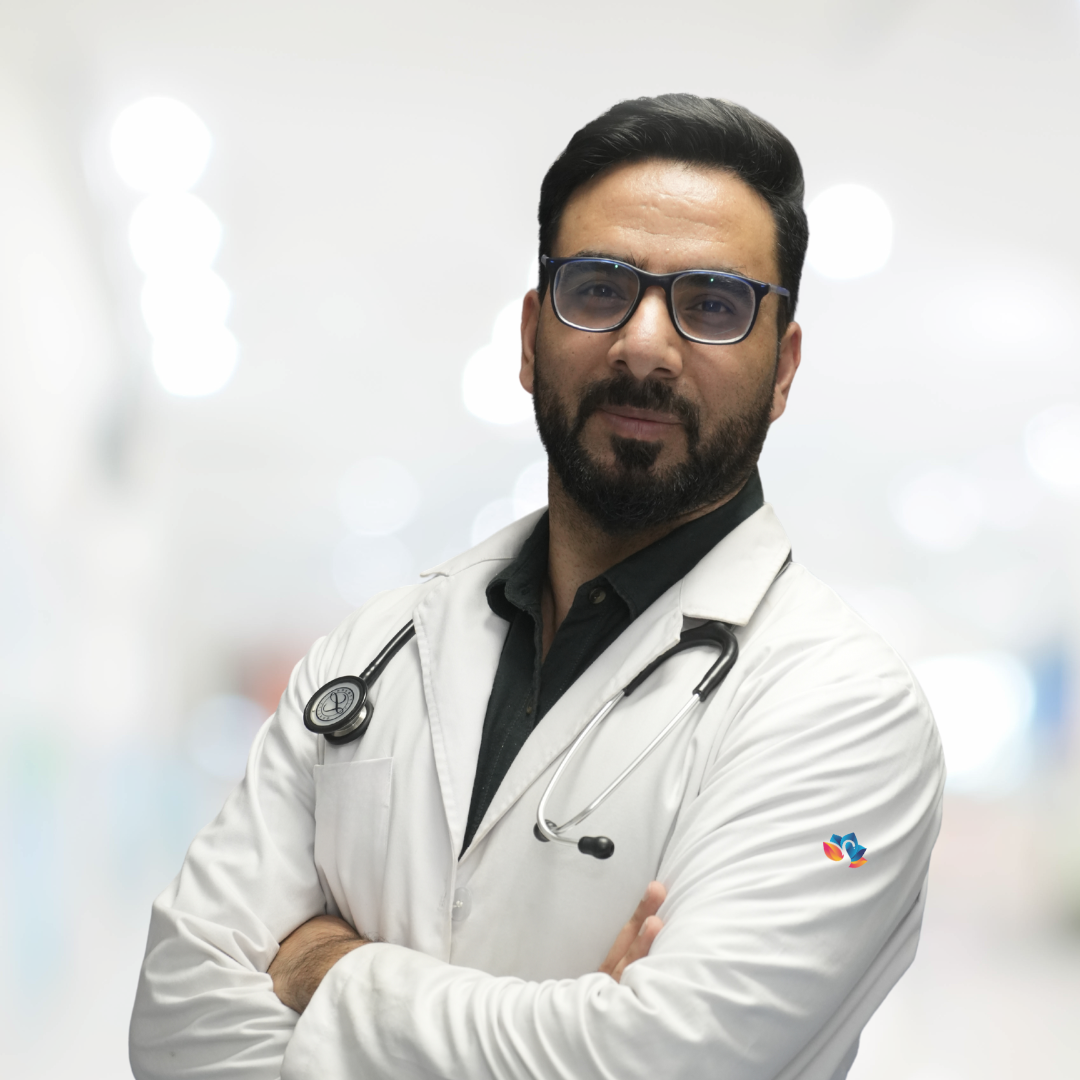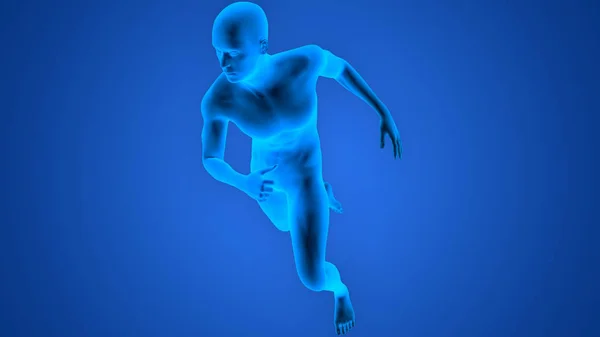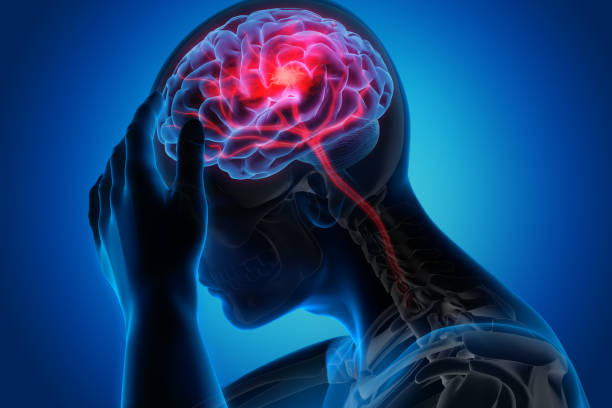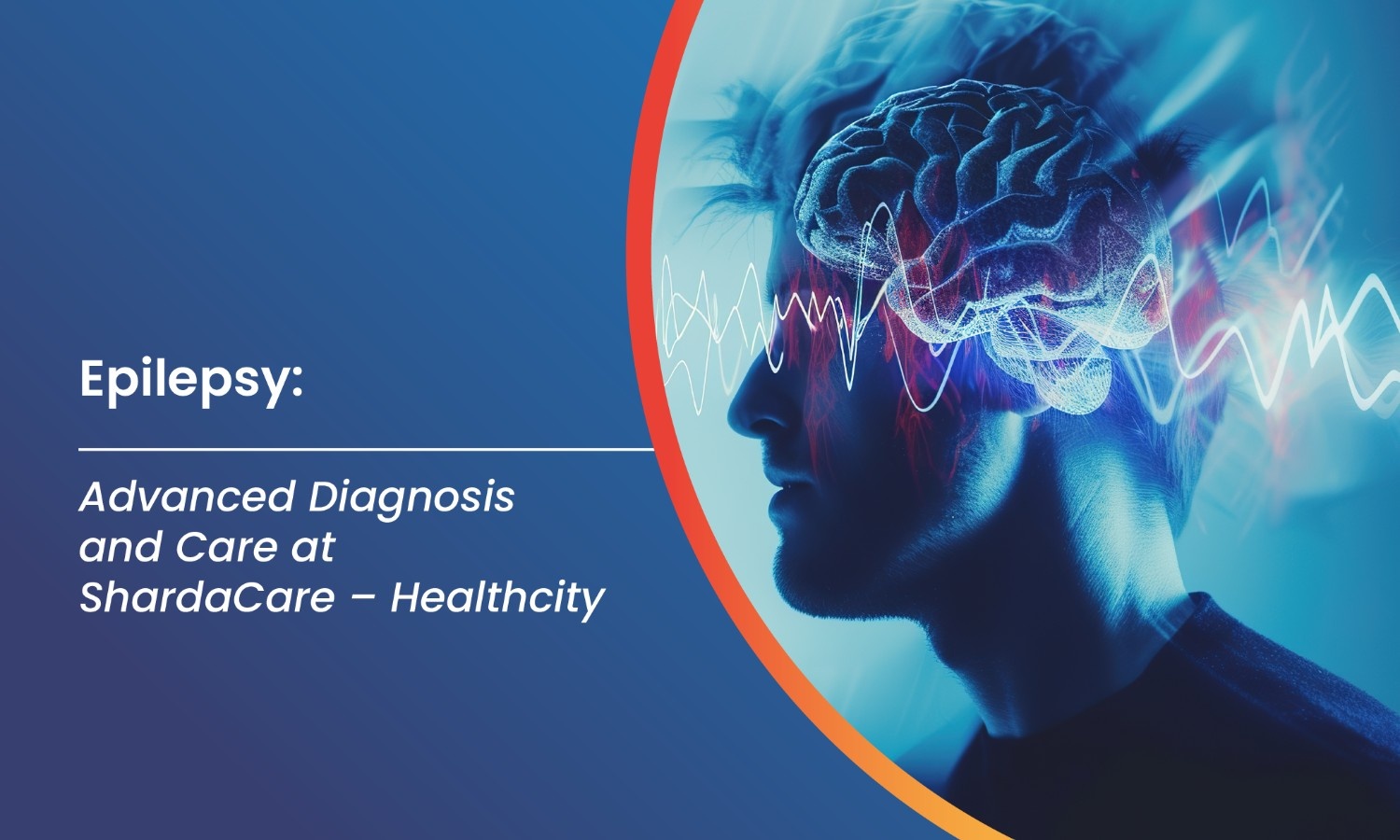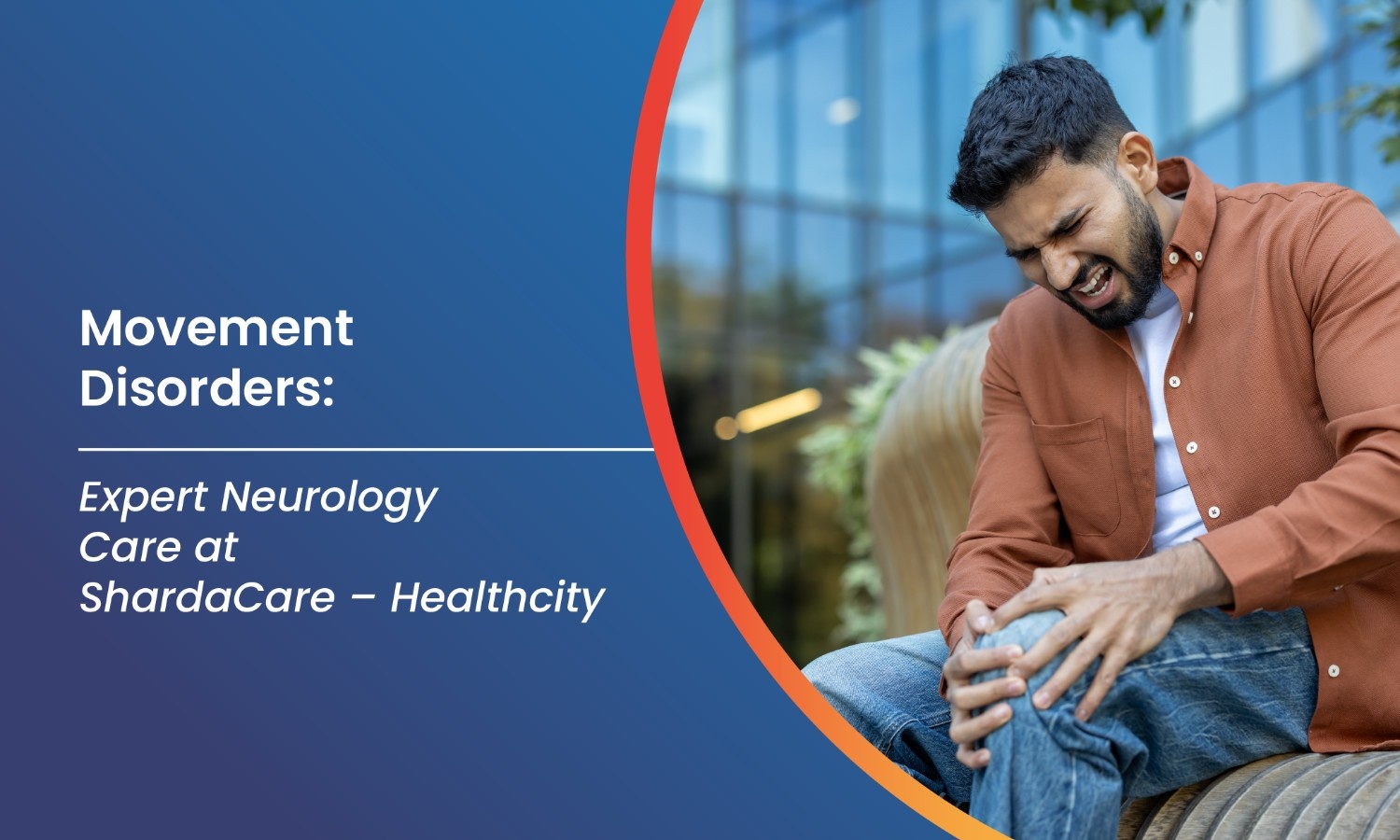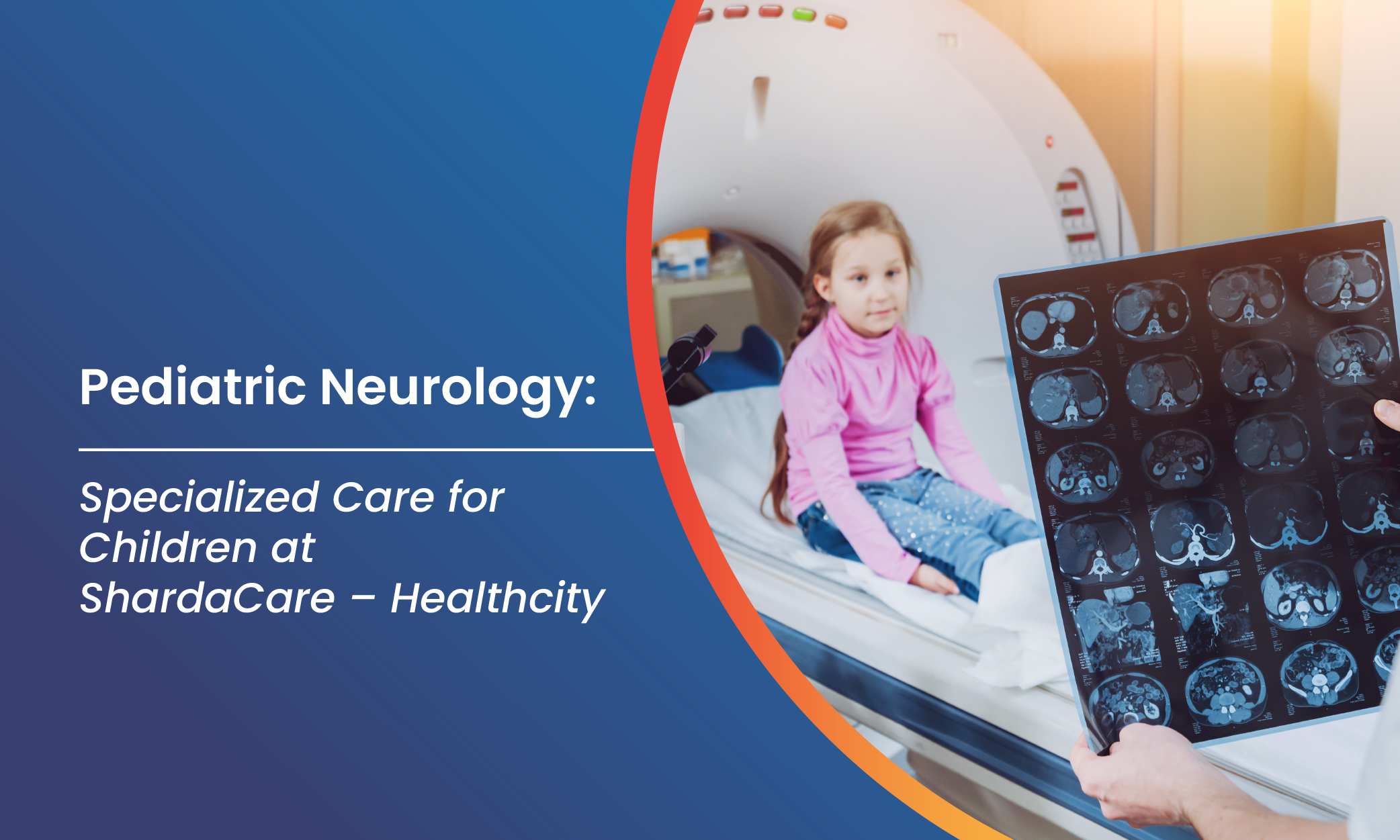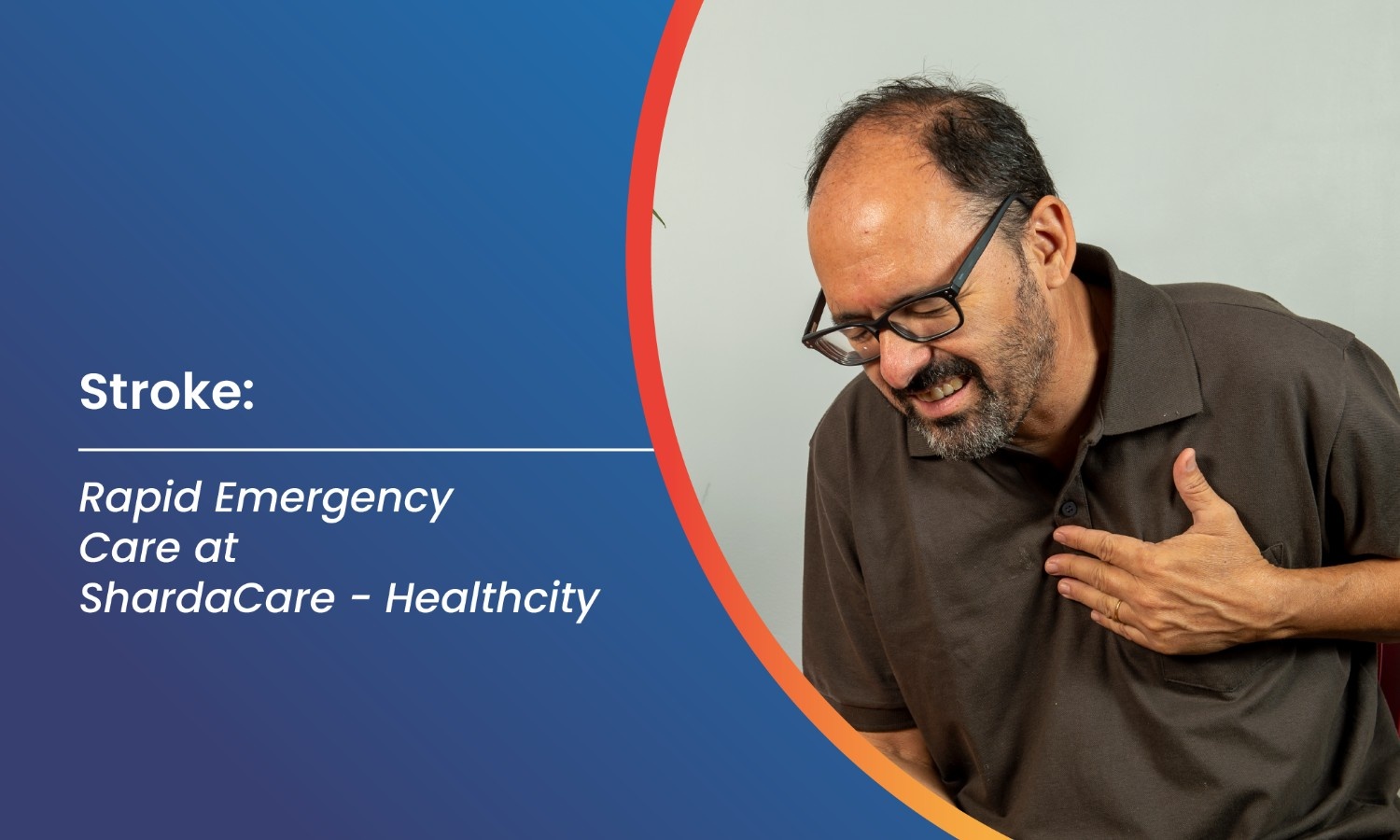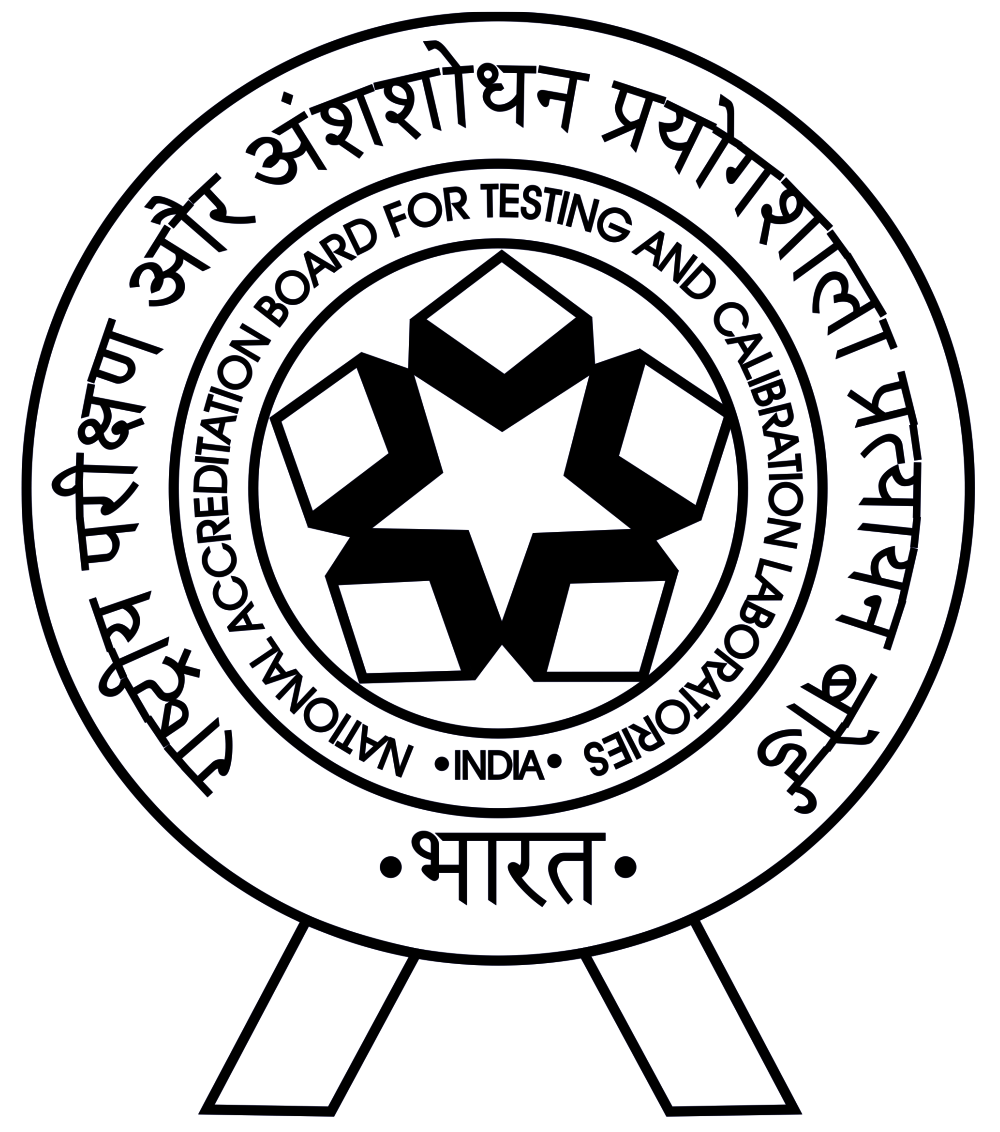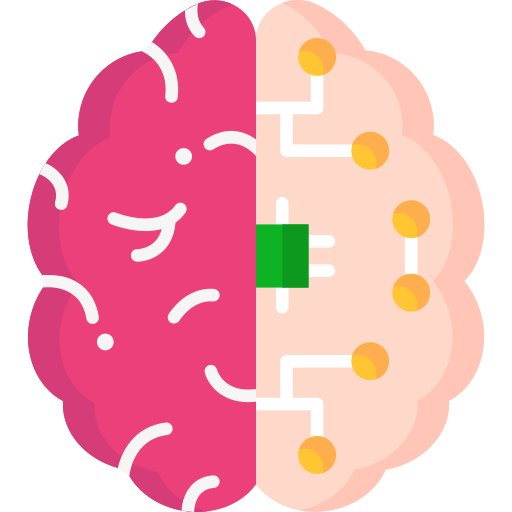
Neurology
Neurology & Advanced Nervous System Care at ShardaCare – Healthcity
At ShardaCare - Healthcity, our Neurology department specialises in the analysis and treatment of disorders affecting the Nervous system, including the Brain, Spinal Cord, and Nerves. Our team of Neurologists is dedicated to providing expert care for various Neurological conditions, ranging from Parkinson's disease and Alzheimer's disease to Epilepsy, Stroke, and Multiple Sclerosis.
The brain is a complex organ that plays a vital role in regulating the body's functions. Any Damage or Dysfunction in the nervous system can lead to significant Neurological problems, impacting a person's quality of life. Our Neurologists are highly skilled and experienced in diagnosing and managing these conditions, utilising advanced diagnostic techniques such as Imaging Tests, Genetic Testing, and Neurological Assessments.
At ShardaCare - Healthcity, we offer world-class treatment for a wide range of Neurological conditions. Our hospital is equipped with state-of-the-art technology and facilities, ensuring that our patients receive the best possible care and outcomes.
Advanced Neurology Care for Brain, Spine & Nerve Disorders at ShardaCare – Healthcity
- Vagus Nerve Stimulation (VNS)
VNS is a scientifically proven method that delivers electrical impulses to the vagus nerve, regulating the body's responses and effectively treating refractory epilepsy. It has also shown promising results in managing conditions such as depression, anxiety, and Alzheimer's disease.
- Canalith Repositioning System
This non-invasive procedure is used to treat Benign Paroxysmal Positional Vertigo (BPPV) by repositioning displaced calcium crystals within the inner ear. It involves a series of positional changes to restore the crystals to their original position, alleviating vertigo symptoms.
- Epley Maneuver
A quick and simple procedure performed in the doctor's office, the Epley Maneuver is particularly beneficial for older patients who may not tolerate traditional treatment methods like medication or surgery. It effectively addresses vertigo symptoms.
- Deep Brain Stimulation (DBS)
DBS is a revolutionary neurosurgical procedure involving the implantation of electrodes in precise areas of the brain to alleviate symptoms associated with various neurological disorders such as Parkinson's disease, essential tremor, and dystonia. It modulates abnormal brain activity and restores normal functioning.
- Electroencephalogram (EEG)
EEG is a widely used medical procedure that measures the electrical activity of the brain. It aids in diagnosing neurological conditions such as epilepsy, sleep disorders, and brain tumours by recording the brain's electrical signals.
- Electromyography (EMG)
EMG is a diagnostic technique used to assess muscle health and nerve function. It helps diagnose neuromuscular disorders like muscular dystrophy, myasthenia gravis, and carpal tunnel syndrome by evaluating muscle function and nerve conduction speed.
- Epilepsy Surgery
For patients with epilepsy, surgical intervention may be necessary to remove or alter specific areas of the brain responsible for seizure activity. This complex surgery requires a multidisciplinary team of specialists, including neurologists, neurosurgeons, and neuropsychologists, to achieve successful outcomes.
- Lumbar Puncture
Also known as a spinal tap, lumbar puncture is a medical procedure used to collect cerebrospinal fluid from the lower back. It helps diagnose conditions such as infections, bleeding in the brain, multiple sclerosis, and certain types of cancer by analyzing the fluid surrounding the brain and spinal cord.
- Transcranial Magnetic Stimulation (TMS)
TMS is a non-invasive technique that uses magnetic fields to stimulate nerve cells in the brain. It is performed in the doctor's office and does not require anaesthesia or sedation. TMS is distinct from electroconvulsive therapy (ECT) and is used to treat various mental health conditions.
Looking for an Expert
Sharda Care The Healthcity is home to some of the eminent Doctors in the world.
Book an Appointment

